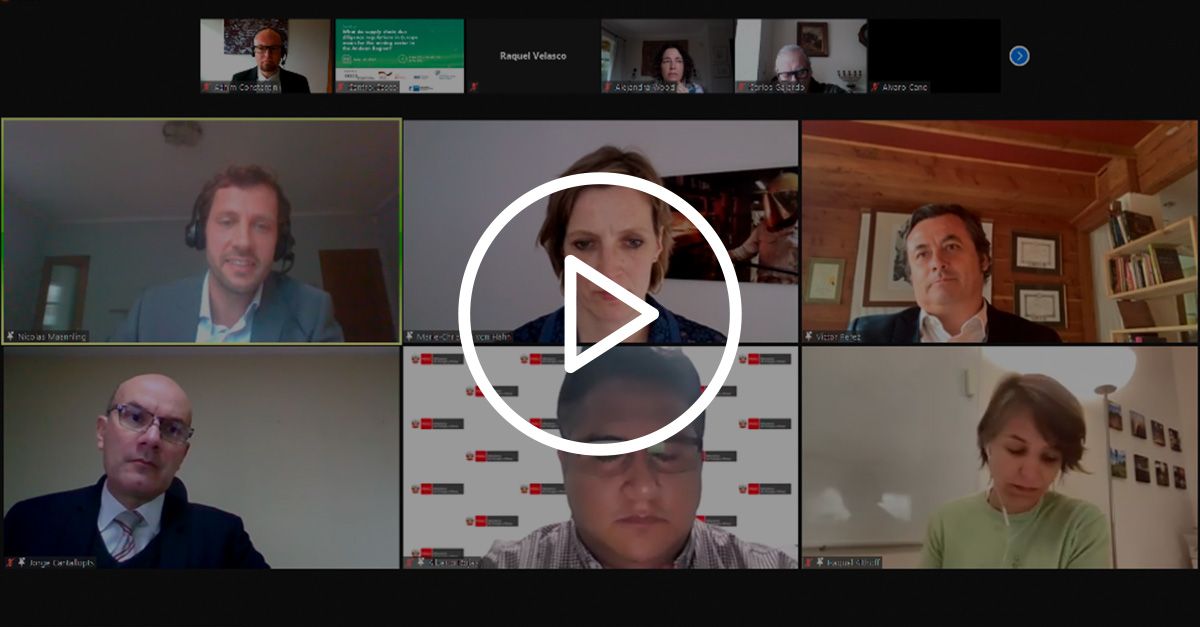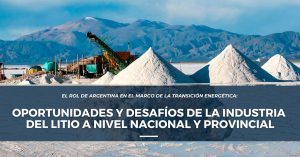Ha sido un año tumultuoso para el sector minero de América Latina y el Caribe. Como resultado de la imposición de medidas de cuarentena en China, Europa y los Estados Unidos para controlar la propagación del Coronavirus, la demanda y los precios de los metales básicos han sufrido importantes caídas. Los problemas del sector se han exacerbado debido a las interrupciones en las operaciones. Dado que América Latina es una de las regiones más afectadas por la pandemia, los gobiernos y las operaciones mineras se han apresurado a cerrar proyectos y regiones donde se han registrado brotes. Si bien los precios han repuntado a medida que los gobiernos de todo el mundo han aprobado paquetes de estímulo económico para mitigar los impactos de la pandemia, las perspectivas del sector son inciertas y están estrechamente vinculadas con la gestión y control de los nuevos brotes en los países productores y consumidores.
En el otro extremo de la cadena de suministro de minerales, la pandemia también ha causado estragos en el sector de la fabricación de productos finales. La demanda de automóviles, por ejemplo, se ha desplomado y, aunque las fábricas de automóviles han reanudado la producción en gran parte de Europa, la cadena de suministro sigue alterada. El modelo de producción costo competitivo “justo a tiempo”, con numerosos proveedores repartidos por todo el mundo, se ha convertido en una desventaja. Los proveedores más pequeños han quebrado y están expuestos a cierres en los países donde operan. Es probable que tarde meses hasta que la cadena de suministro, que implica aproximadamente 30.000 componentes individuales del automóvil, sea funcional de nuevo.
La retórica política para reducir las dependencias comerciales de las industrias críticas ha aumentado, debido a que los países se han esforzado por asegurar los suministros médicos y los equipos de protección de su población. La guerra comercial entre las dos economías mundiales más grandes está arrojando mayor incertidumbre sobre si el mundo volverá al sistema anterior al COVID caracterizado por la liberalización y el libre comercio. Estos factores políticos acelerarán la tendencia a la integración vertical y a la relocalización o “reshoring” de las cadenas de suministro que se ha observado en los últimos años, ya que la automatización de los procesos industriales erosiona la ventaja competitiva de la mano de obra barata.
Dentro de las cadenas de suministro de minerales, en la Unión Europea, los Estados Unidos y Japón se ha prestado especial atención a los minerales de importancia estratégica para las respectivas economías con altos riesgos de suministro. Muchos de estos minerales son insumos clave para impulsar la transición energética necesaria para hacer frente a la segunda crisis que enfrenta el mundo: el cambio climático. La actual pandemia supone una advertencia sobre el cambio climático. Aunque los defensores de la salud advirtieron durante años que una pandemia era inevitable, el mundo no hizo lo suficiente para prepararse y ahora está luchando para recuperar el tiempo perdido que ha costado miles de vidas humanas. Aparte de los componentes “verdes” de los paquetes de estímulo económico anunciados por los gobiernos para hacer frente a ambas crisis, las grandes finanzas son el nuevo aliado en la lucha contra el cambio climático. Inversionistas como BlackRock están impulsando a las empresas a tomar medidas sobre las emisiones y a comprometerse a través de sus cadenas de suministro para reducir los riesgos de los activos de emisiones de carbono.
Dado que países de América Latina y el Caribe como Chile, Colombia, el Ecuador y el Perú están depositando grandes esperanzas en que el sector minero contribuya a impulsar la recuperación posterior a la pandemia, es fundamental comprender cómo van a evolucionar las cadenas de suministro a fin de que la región se posicione para suministrar minerales muy necesarios de origen responsable.

 Contact us
Contact us Newsletter
Newsletter Courses
Courses


